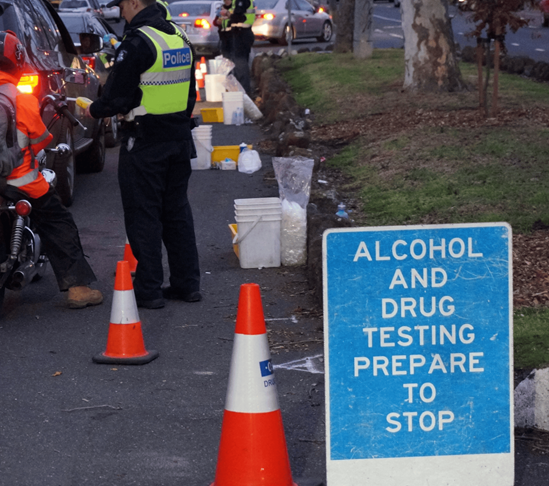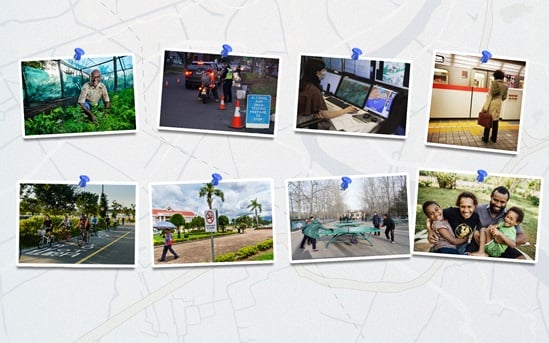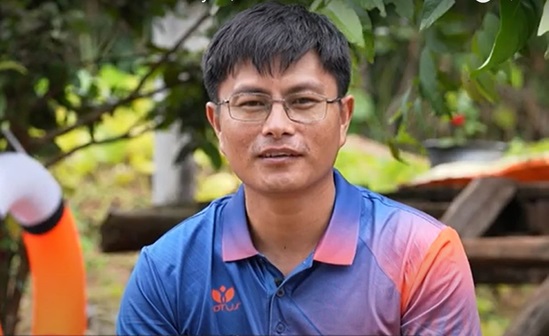Violence and injuries are the leading cause of death in the Western Pacific Region for persons aged 5-49 years and responsible for almost 1 million deaths annually.
Deaths from violence and injuries are just the tip of the iceberg – physical, mental, sexual and reproductive health consequences often last a lifetime. Millions more non-fatal injuries occur requiring various degrees of care and treatment placing an enormous burden on national health systems and economies.
WHO works with countries to support the development and implementation of intersectoral national policies, programmes and legislation for violence and injury prevention; promote public awareness and political commitment; and build national capacities in surveillance, prevention, response, advocacy, monitoring and evaluation.
Technical Officer, Alcohol control, Injury and Violence Prevention
Our work
Latest publications
All →Ending Violence against Children During Covid-19 and Beyond: Second Regional Conference to Strengthen...
UNICEF and WHO jointly organized Ending Violence Against Children During COVID-19 and Beyond: Second Regional Conference to Strengthen Implementation of...
The Regional Status Report on Drowning in the Western Pacific presents findings from the first assessment of drowning prevention in the Region. The report...
The "Questions and Answers on Prevention and control of Alcohol related harm" has been developed by WHO country office in Viet Nam with technical contribution...
INSPIRE: Seven strategies for Ending Violence Against Children
INSPIRE: Seven strategies for ending violence against children identifies a select group of strategies that have shown success in reducing violence against...
Multimedia
All →Related health topics






/spotlights/every-drink-leaves-a-mark.tmb-549v.jpg?sfvrsn=fe828dce_2)

